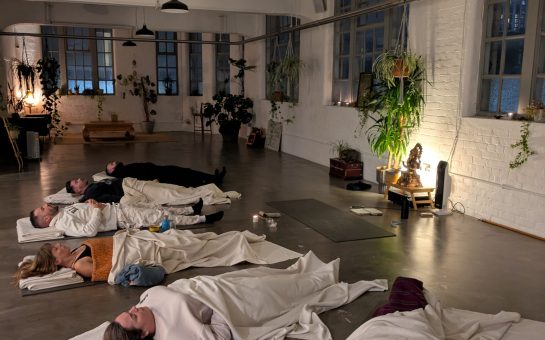Following a recent spate of MDMA poisoning, including one in Oldham, a leading international drug safety group are calling for the introduction of drug-checking at events like the Warehouse Project.
DanceSafe, based in Denver, Colorado, but providing global drug advice, are one of many bodies to back greater user vigilance, starting with partygoers analysing their own substances for dangerous chemicals, such as PMMA.
PMMA, and the related compound PMA, is a substance sometimes used as a substitute to MDMA in the production of Ecstasy, but it has more dangerous side effects.
Missi Wooldridge, executive director of DanceSafe, told MM: “MDMA is relatively safe – clinical trials show this – but these tragedies happen because of lack of understanding about what’s in the drugs.
“Drug checking basically involves events, but more likely users themselves, chemically analysing what’s in their pills with checking kits.
“It’s a short-term solution, for sure, but it’s also a real cure for these problems we’re seeing with more frequency in the UK relating to substances like PMMA.”
It’s been mooted that events in the UK, like Manchester’s nationally-acclaimed Warehouse Project, could hand out testing kits, which would be seen as a big leap forward in drug safety.
However, at this stage it’s much more likely that drug checking will be introduced by users themselves.
Ms Wooldridge said that, in her experience, change has only mostly driven by young people who are keen to educate themselves, in contradiction to the popular image of the ‘drug user’.
She said: “People want to know what’s in their drugs. We have this idea of the ‘drug user’ as being reckless and uneducated but most young people really care.
“I don’t know if it’ll be the Warehouse Project bringing this stuff in, it’ll probably be young people themselves. They feel empowered by educating themselves and that’s something that really helps.
“Ultimately people have to take personal responsibility, but that only goes as far as the level of education that’s been provided by the government.”
Aside from promoting initiatives like drug-testing, DanceSafe and similar groups advocate advances in drug awareness in young people and the general breaking down of cultural stigma.
It’s widely acknowledged by most drug experts, including the outspoken Professor David Nutt, that it is drug policies pursued by Western governments, which endanger users as they push production into the murky, unregulated black market.
But like most people in her field, Ms Wooldridge, aware of the entrenched attitudes, finds it more useful to direct resources towards drug-checking rather than law-changing.
She said: “The deaths and problems we’re seeing at the moment are a direct consequence of government policy, but that’s a very wide issue.
“Drug policy is completely backwards but it’ll be like that for a long time because of the stigma attached to it. It’s very hard for someone to say ‘I contribute to society, I’m a good person and I’m a drug user’.
“Changing drug laws is going to take a long, long time so we have to find things we can do now to stop drug deaths.”
Image courtesy of Danielle Pereira, with thanks.



